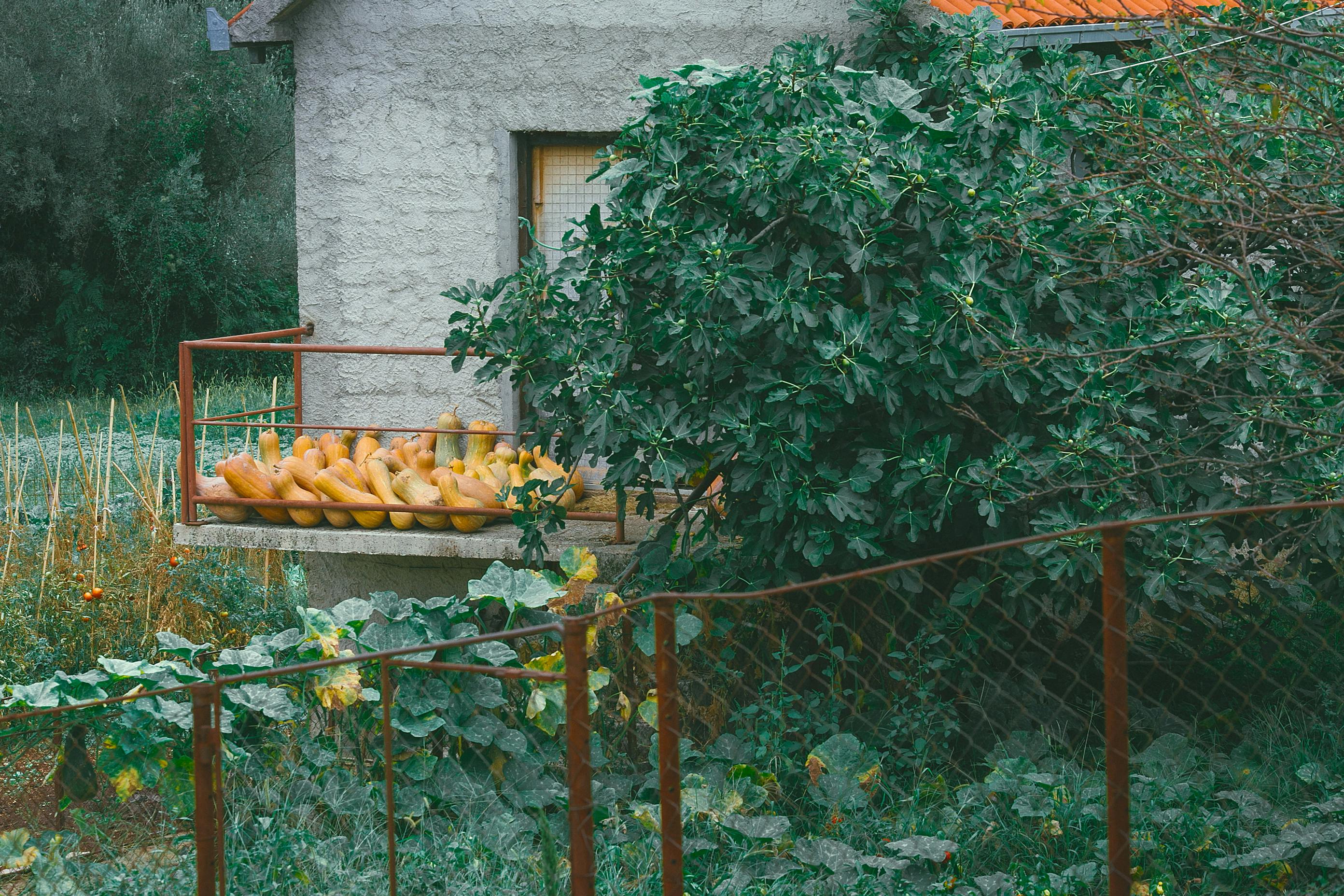Organic gardening is a great way to provide yourself and your family with healthy, fresh produce. With the right knowledge and dedication, anyone can successfully build their own organic garden. In this guide, we’ll explain the basics of organic gardening and provide you with some tips to help you get started. With some patience and effort, you’ll soon have a flourishing organic garden of your own!Choosing the right space for your organic garden is an important part of the planning process. You should choose an area that is well-drained and receives at least six hours of full sun each day. Make sure the space you choose has easy access to a water source, such as a hose or rain barrel, and is sheltered from strong winds. If possible, select a spot that offers some protection from animals like rabbits and deer. Additionally, consider how much space you will need for your garden before you decide on a location. Finally, make sure that you can easily access the space to tend to your garden.
Prepare the Soil for Planting
Properly preparing the soil for planting is essential for achieving a successful garden. Soil preparation helps to improve drainage, aeration, and water retention in the soil, as well as provide nutrients and minerals that are needed for healthy plants. To prepare the soil for planting, it is important to test the pH level of the soil, add organic matter and fertilizer, and till or spade the soil.
Testing the pH level of the soil is important because it determines whether or not a plant will thrive
Select Your Organic Garden Plants
Choosing the right plants for an organic garden is important to ensure they are free of pesticides and chemicals. When selecting plants, it’s best to consider their purpose, location, and size.
In terms of purpose, think about what you’re hoping to get out of the garden. Are you looking for vegetables, herbs, or flowers? Each type of plant will have its own unique needs for light, water, and soil.
Location is also key when choosing plants for your organic garden. Consider the amount of sunlight that
Planning Your Garden
Organic gardening is an excellent way to ensure that you are consuming healthy and safe fruits and vegetables. Before you start planting, it’s important to plan out your garden. Consider the size of the area you have available, how much sunlight it gets and what type of soil is present. Composting is a great way to add organic material to the soil and increase nutrient levels. Make sure you know what types of vegetables, herbs or flowers you want to plant before you begin. Once you have a plan in place, it’s time to start planting
https://images.pexels.com/photos/4946629/pexels-photo-4946629.jpeg
Watering Your Organic Garden
Watering your organic garden is essential to keep your plants healthy. It’s important to water at least once a week, and more often during hot weather. When watering, make sure you’re using water that is free of chemicals and other pollutants. Rainwater or well water is best for organic gardening, as it contains fewer impurities than tap water. It’s also important to water deeply, so the roots can access the moisture. Water slowly and evenly over the entire area of your garden to ensure that all plants get an adequate supply of moisture.

Weed and Mulch Your Organic Garden
Weeding is an essential part of gardening, whether it’s organic or not. Weeds compete with your plants for essential nutrients and water, so it’s important to keep them under control. For an organic garden, however, the best way to go is to use manual weeding techniques such as hand-pulling or hoeing. You can also mulch your garden with organic materials such as straw, wood chips, or grass clippings. This will help prevent weeds from taking hold and also provide much needed nutrition
Monitor and Support Plant Health in Your Organic Garden
Maintaining the health of your organic garden is an important part of achieving a successful harvest. Monitoring and supporting plant health requires a combination of preventative measures, periodic checks, and timely intervention when problems arise. Here are some tips to help you get started on keeping your organic garden healthy.
The first step in monitoring and supporting plant health is to establish preventative practices such as keeping weeds under control, using mulch to retain moisture, and using pest deterrents such as companion planting. Additionally,
Protect and Preserve Beneficial Insects in Your Organic Garden
Beneficial insects play an important role in helping to maintain a healthy garden ecosystem. They help to keep pests and diseases at bay, pollinate flowers, and provide natural pest control. Unfortunately, beneficial insects can be affected by chemical pesticides and other types of pest control that can be used in an organic garden. Therefore, it is important to take steps to protect and preserve beneficial insects in your organic garden.
One of the best ways to protect beneficial insects is to provide them with a habitat where they can

Conclusion
Organic gardening is an important part of sustainable living and a great way to feed your family with healthy, nutrient-rich produce. With a bit of planning, time and effort, you can build your own organic garden and enjoy the fruits of your labor. Start by choosing a suitable location for your garden, then plan it out according to the type of plants you want to grow. Prepare your soil with compost and mulch, and select the right seeds or plants for your climate. Be sure to water regularly, control weeds, and protect your plants from pests with organic
